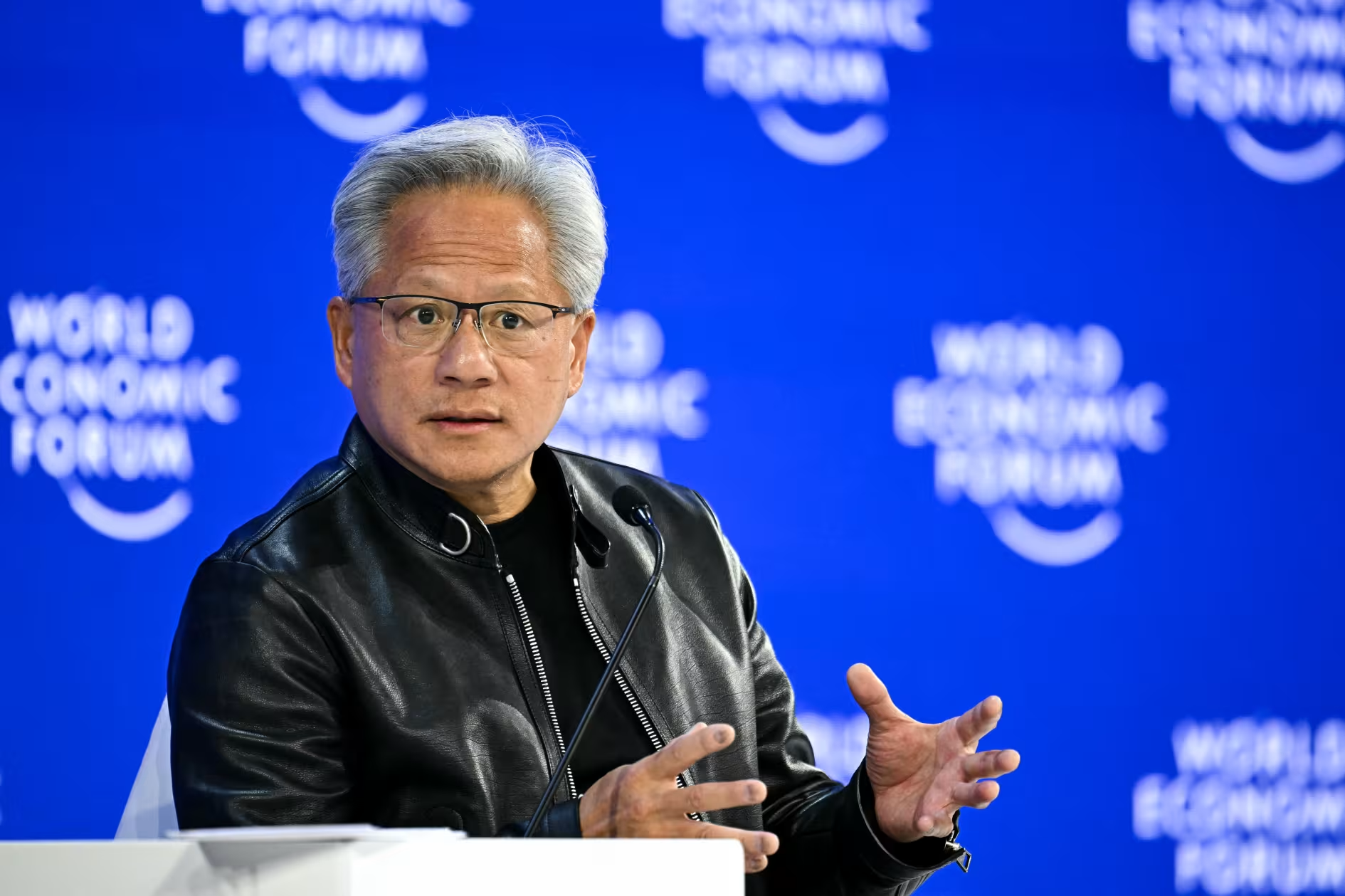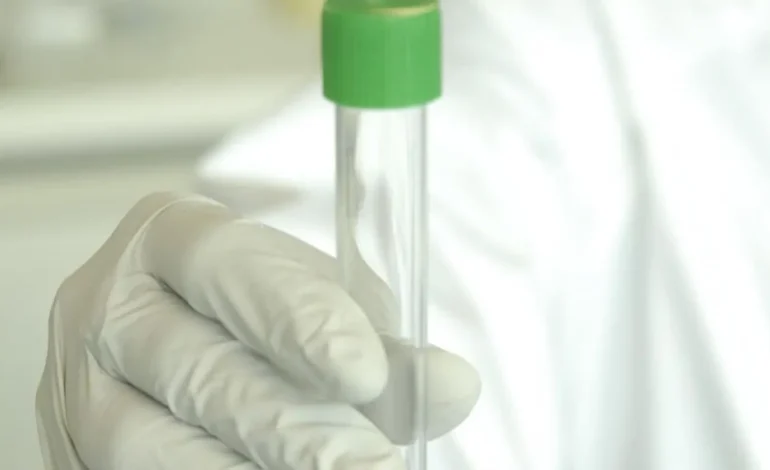The recent bankruptcy filing of 23andMe, the genetic testing company, has led to discussions about how the company’s vast DNA database might assist law enforcement in solving cold cases.
While the company has faced financial challenges, experts argue that its data could prove invaluable in criminal investigations, particularly for unsolved cases.
23andMe has garnered attention by offering consumers DNA tests that analyze ancestry, health risks, and even traits. The company claims that over 15 million people have used its service, creating a significant genetic database. Eric Brown, founder and CEO of Imperio Consulting, believes this could present new opportunities for law enforcement. He stated:
“The more data you have, the better that data could help law enforcement in solving cold cases.”
Previously, 23andMe has maintained a policy of protecting its customers’ data from law enforcement unless valid court orders or subpoenas were presented. However, as the company seeks to resolve its financial woes through a potential sale, experts like Brown suggest that the increase in the genetic database could provide critical leads in solving cases that have gone cold for years.
The power of DNA databases in solving cold cases has been highlighted in high-profile investigations, such as the capture of the “Golden State Killer.” In 2018, the killer, Joseph DeAngelo, was apprehended after law enforcement used genetic genealogy techniques and DNA databases to track down potential relatives. This marked a pivotal moment in the use of genetic data for criminal investigations, showcasing how even distant familial connections can lead to breakthroughs.
The case of the Golden State Killer is a prime example of how genetic data, especially when combined with genealogy research, can aid in bringing perpetrators to justice. DeAngelo, a former police officer, was responsible for a series of violent crimes across California in the 1970s and 1980s, including 13 murders and over 50 rapes. His arrest is often considered a landmark case in the use of DNA databases to solve long-unsolved crimes.
However, the potential use of 23andMe’s data raises significant privacy concerns. In 2023, the company faced a security breach in which hackers accessed private data from approximately 14,000 customers, including genetic information linked to family members. This has led to calls for better safeguards to prevent such sensitive information from falling into the wrong hands.
As 23andMe navigates its bankruptcy proceedings, concerns about the future of users’ genetic data are also at the forefront. Darren Williams, CEO of BlackFog, a cybersecurity firm, emphasized the importance of protecting genetic information, stating that once this data is compromised, it cannot be undone. Genetic data, being one of the most sensitive forms of personal information, is not only valuable to companies but also to cybercriminals and malicious actors.
Despite these concerns, some experts believe that the sale of 23andMe could provide a new opportunity for law enforcement to access a larger database, potentially leading to the resolution of cold cases. Brown pointed out that even the smallest DNA sample from a crime scene could provide crucial insights when compared to the millions of records in 23andMe’s database.
The recent rise of public awareness regarding genetic databases’ role in criminal investigations has brought both optimism and skepticism. While some view the ability to use DNA to solve crimes as a major advancement, others worry about the long-term implications for privacy and personal data security.
FOX News and the Guardian contributed to this report.










The latest news in your social feeds
Subscribe to our social media platforms to stay tuned